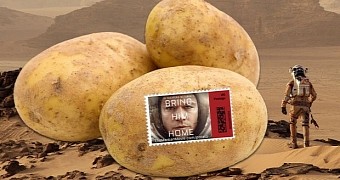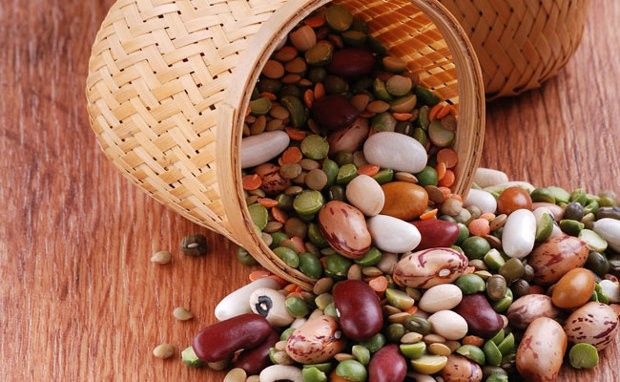Ridley Scott's “The Martian” tells the story of astronaut Mark Watney (Matt Damon), left stranded on the Red Planet after a freak storm that has the rest of the crew thinking that he's dead.
If he is to stand a chance to survive until somebody at long last comes to his rescue, the astronaut has to make his own water and grow his own food. His choice of crop: potatoes.
He calculates how many calories he would need to keep himself alive until a rescue mission would be feasible and grows himself a nice garden, nothing but spuds from one end to the other.
Except beans would've been the smarter choice
Mark Watney grows his potato garden from a stash of spuds that he and his crew had brought along with them for a Thanksgiving celebration.
According to researchers with the American Society of Agronomy, however, beans would've been the smarter choice for the stranded astronaut. So-called pulse beans like pinto beans, chickpeas and peas, to be more precise.
For starters, beans have a higher nutritional value than plain old potatoes. Then, being basically seeds, they're easy to carry around, even all the way to Mars.
What's more, they are adaptable and so it doesn't take an expert to get them to grow and thrive in harsh conditions like the ones on the Red Planet. Even better, pulse seeds don't need all that much water to sprout.
“Nutritional diversity is key for survival. Spuds are great for calories, but it's hard to beat pulses for nutritional quality,” says scientist Roch Gaussoin.
“They're high in both protein and fiber, as well as many important nutrients like potassium, magnesium and iron,” adds researcher Janice Rueda.
One plant, more than just one dish on the menu
When it comes to potatoes, the only thing that's edible are the spuds. Try to be all experimental and eat the stems or leaves, and you'll pretty much poison yourself.
Bean plants, however, are perfectly edible in their entirety. In fact, researchers say the leaves and even the pods contain vitamins, antioxidants and many other nutrients.
Since life on Mars comes with a higher radiation load, the antioxidants contained in bean plants would especially come in handy during a long stay on the planet.

 14 DAY TRIAL //
14 DAY TRIAL // 

